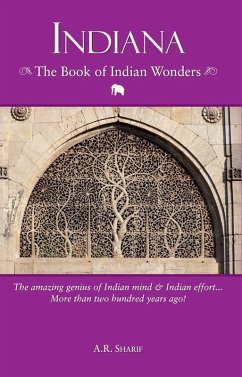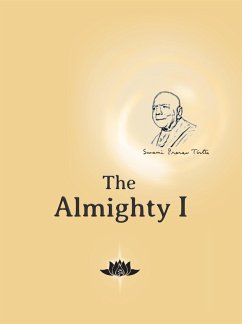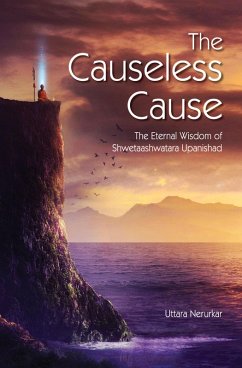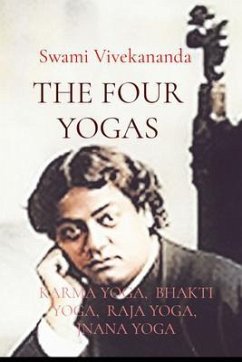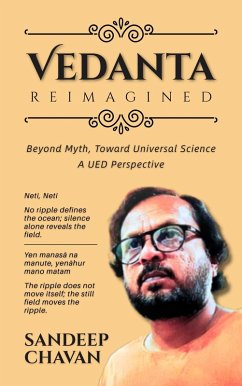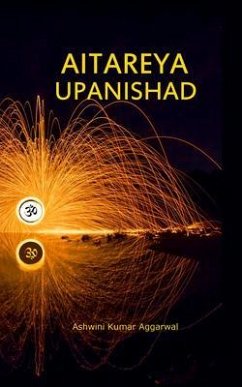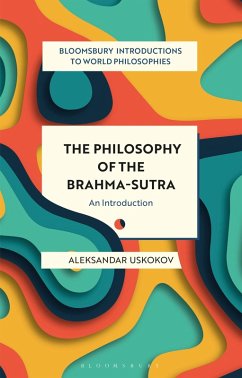
From The Upanishads (eBook, ePUB)
Versandkostenfrei!
Sofort per Download lieferbar
8,99 €
inkl. MwSt.
Weitere Ausgaben:

PAYBACK Punkte
0 °P sammeln!
Actually, they are rather plain and direct. They do not construct any complex system of ideas and beliefs. Nor do they build up any elaborate picture of the world. Instead, in some what brief and uncompromising language, they ask what is plainly and simply true: beneath all the complications of our uncertain beliefs. This sceptical questioning was their traditional difficulty. It went against the habits of faith and obedience upon which traditional society depended. As a result, the Upanishads were kept traditionally secret and inaccessible. They were hidden behind a forbidding reputation: as ...
Actually, they are rather plain and direct. They do not construct any complex system of ideas and beliefs. Nor do they build up any elaborate picture of the world. Instead, in some what brief and uncompromising language, they ask what is plainly and simply true: beneath all the complications of our uncertain beliefs. This sceptical questioning was their traditional difficulty. It went against the habits of faith and obedience upon which traditional society depended. As a result, the Upanishads were kept traditionally secret and inaccessible. They were hidden behind a forbidding reputation: as teaching an esoteric and mystical doctrine, to be kept away from all but a few special initiates. Today, with our modern freedom of thought, we have learned to be more open about questioning things that are usually taken for granted. In particular, we can be more open about the kind of radical questions that the Upanishads ask. That is the idea of this book. To help open up the Upanishads and their radical questioning, for ordinary people.
Dieser Download kann aus rechtlichen Gründen nur mit Rechnungsadresse in A, B, CY, CZ, D, DK, EW, E, FIN, F, GR, H, IRL, I, LT, L, LR, M, NL, PL, P, R, S, SLO, SK ausgeliefert werden.




